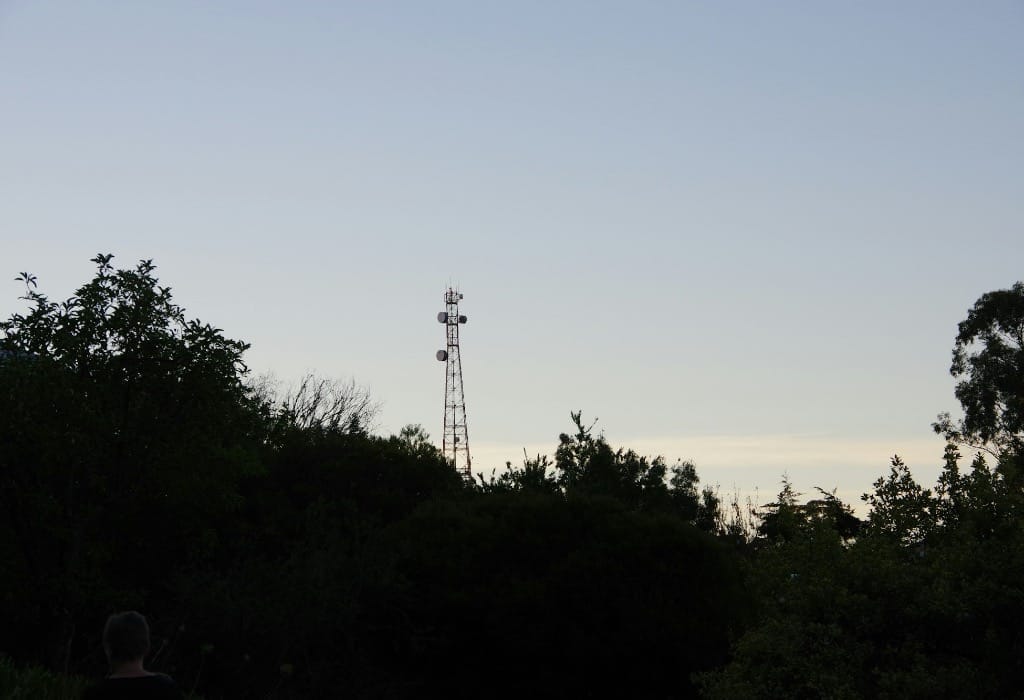Utilities Oppose Plan to Assign 4.9 GHz Band to FirstNet
The proposal to put FirstNet in charge of the band called for blocking non-public safety users.
Jake Neenan

WASHINGTON, July 25, 2024 – Utilities are asking federal regulators not to hand valuable spectrum to AT&T’s FirstNet out of fear it would block their ability to access the band.
The 4.9 GHz band, the airwaves at the center of a regulatory dispute, was set aside by the Federal Communications Commission for local public safety users.
The FCC in January 2023 proposed instituting a band manager to drive up utilization as demand for spectrum increases, and a group called the Public Safety Spectrum Alliance in April suggested that the agency effectively make that band manager FirstNet – the government first responder network provided by AT&T – and give FirstNet nationwide access to the band.
The Utilities Technology Council met with four of the five FCC commissioners last week to oppose the PSSA plan and ask that the FCC's updated rules for the band to allow access to non-public safety users.
“The Commission should not foreclose opportunities for utilities to lease spectrum from public safety or enter into partnerships with public safety to share networks in the 4.9 GHz band, as the PSSA proposes,” the group wrote in an ex parte filing following a July 18 meeting with FCC Chairwoman Jessica Rosenworcel.
UTC, based in Virginia, represents utility companies across the country, including Southern Company, Pacific Gas & Electric and Eversource Energy.
The National Rural Electric Cooperative Association, a group of more than 900 electric co-ops across the U.S., also chimed in this week, writing to the agency that the proposal would amount to “limiting [critical infrastructure industries] and electric utilities access to buying only AT&T’s standardized, quasi-commercial products and services” via FirstNet.
The PSSA plan would leave incumbent licenses intact, but reserve currently unused spectrum for FirstNet.
It would also nix the current system under which utilities can access the band via agreements with local public safety agencies, an effort to “avoid overcomplicating” the spectrum environment according to the PSSA.
The latter is a departure from the FCC’s band manager proposal, in which the agency already signaled intention to allow non-public safety users in the band on a secondary basis.
Consumer advocacy group Public Knowledge and the Open Technology Institute at the New America think tank cited similar concerns when they asked the agency to reject the proposal. The groups said in a joint filing this week that blocking non-public safety access would be “antithetical” to the goal of a larger and more diverse user base.
“In addition to WISPs, utilities and other critical infrastructure facilities need access to mid-band spectrum in a multitude of locations where the 4.9 GHz band lies fallow,” the groups wrote.
The PSSA proposal has also got pushback from wireless carriers and others on the grounds it would amount to a windfall for AT&T, which can use dormant FirstNet spectrum for commercial services under its contract. A study commissioned by opponents to the plan valued the 4.9 GHz band at $14 billion.
AT&T supports the proposal and called the windfall claims exaggerated and “insulting to the public safety community” in a filing last month.









Member discussion